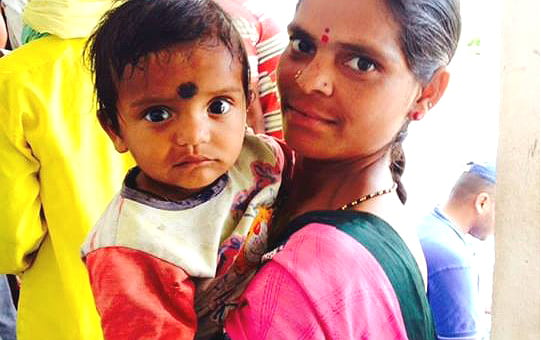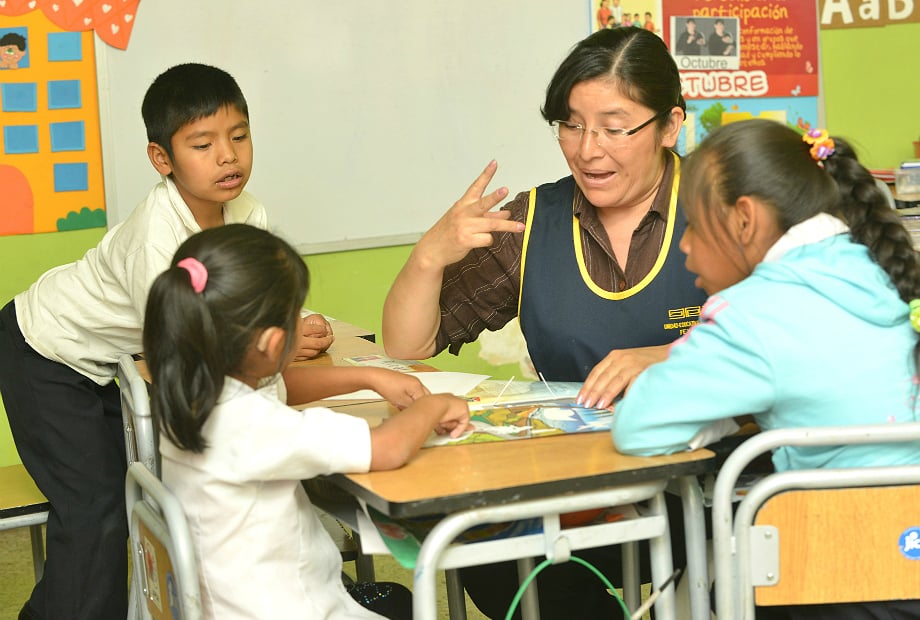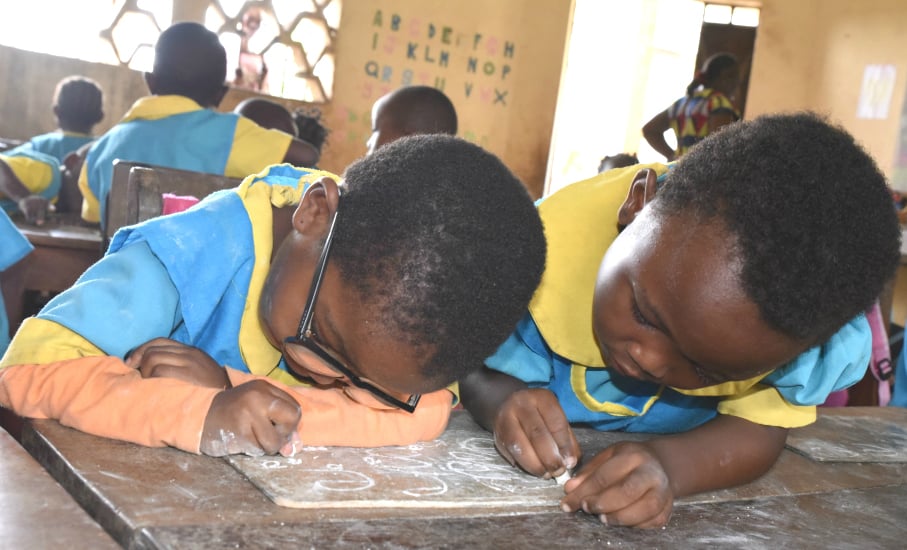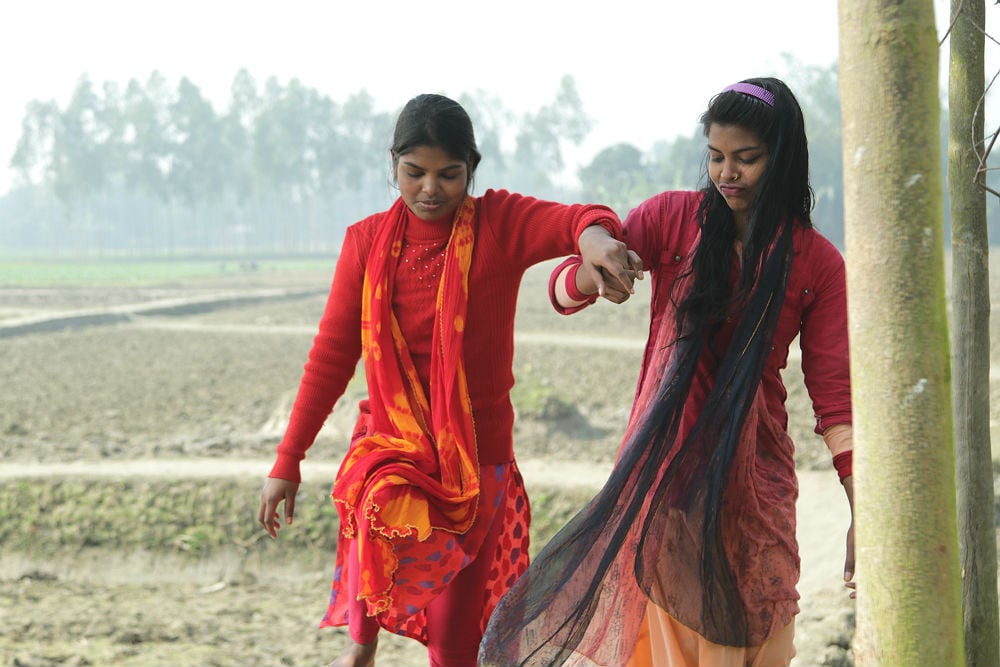Our mission is to provide the evidence to improve the health and wellbeing of people with disabilities globally.
- Why we do what we do
-
What is disability?
People with disabilities include those who have long-term physical, mental and intellectual or sensory impairments which in interaction with various barriers may hinder their full and effective participation in society on an equal basis with others.
How many people are there with disabilities?
There are estimated to be over one billion people living with a disability. This corresponds to 15% of the world’s population.
How does disability impact on people’s lives?
People with disabilities are often excluded from education and employment leading to an increased risk of poverty. People with disabilities often have higher health care needs, but may find it more difficult to access relevant services. They may also face difficulties being included in other aspects of society.
Why is a focus on disability important?
These exclusions are contrary to the United Nations Conventions on the Rights of Persons with Disabilities (UNCRPD) which calls upon all countries to respect and ensure the equal rights and participation of all persons with disabilities to education, health care, employment and inclusion in all aspects of society. This exclusion will also make it difficult to achieve the Sustainable Development Goals.
Further reading
Photo credit: © CBM/Patwary
- How we work
-
Our work
Our work is divided into three areas:
- measuring disability and impairments
- health, wellbeing and disability
- access to health and rehabilitation.
We focus on research, teaching and communication.
We aim to translate research outcomes into practice. Our close links with international non-governmental organizations (NGOs) and agencies help us achieve this goal. The majority of our research is undertaken in low- and middle-income countries.
Our objectives
- Conduct high quality research on disability, in particular, through the conduct of impact evaluations and randomized controlled trials.
- Contribute learning about disability to the teaching programme at LSHTM Influence global policy and practice on disability.
- Build awareness and knowledge about disability at LSHTM.
- Raise the international profile of LSHTM as an institution with expertise in disability, and build international research and training partnerships.
Our vision
A world-leading centre for disability, working with partners to address the critical issues for health and well-being for persons with disabilities in the 21st century.
Our values
Inclusive, Partnership, Rights based, Excellence.
Strategy and partners
Our work is closely aligned with the LSHTM strategy, as LSHTM aims to undertake research to address public and global health needs.
We work closely to develop and undertake disability and global health research with multiple other groups and centres at LSHTM. These include the centres for Maternal, Adolescent, Reproductive, and Child Health (MARCH), Evaluation, Chronic Conditions, Gender Violence and Health, and International Eye Health.
We are strongly engaged in the disability-inclusive post 2015 agenda, and work strategically with multiple international partners. These include the Foreign Commonwealth and Development Office (FCDO), the Australian Department of Foreign Affairs and Trade, CBM, the International Committee of the Red Cross, Handicap International, Nossal Institute for Global Health, Plan International, the United Nations Fund for Children and the World Health Organisation.
We are committed to working with people with disabilities at every stage in our activities. As an example, we have a work experience scheme for students with disability. One student said:
“It has been a truly amazing experience, more than I ever imagined it could be. I have been able to make a real contribution, whilst learning many new skills.”
Partner groups in LSHTM
- International Centre for Eye Health
- The Centre for Global Mental Health
- Cochrane Eyes and Vision Group
- Maternal, Reproductive and Child Health (MARCH)
- Evaluation Centre
- Centre for Chronic Conditions
- Gender Based Violence
We work with many partner universities in the UK and overseas. Examples include Fiocruz (Brazil).
Partner NGOs
- CBM
- Global Partnership for Children with Disabilities
- Humanity and Inclusion
- HelpAge International
- International Disability and Development Consortium
- Sense
- MAITS
- Sightsavers International
- Motivation
- Plan International
- Leonard Cheshire
We have been grateful to receive funding from a number of research agencies, including the Foreign Commonwealth and Development Office (FCDO), DFAT, Wellcome, MRC, 3ie, and the Newton Fund.
Who we are
ICED has a core group of 20+ researchers and doctoral students, with broad skills and knowledge in disability. We also work with researchers across LSHTM and beyond.
Photo credit: © International Centre for Evidence in Disability

Our teaching programme
We run a teaching programme at LSHTM that includes a PhD programme, MSc module and individual lectures about disability. We also run a free online course on Global Health and Disability.
Photo credit: © CBM/Foto Backofen Mhm

Our research
Research at LSHTM covers a vast number of diverse subjects in international health, with projects in every corner of the world.
Photo credit: © CBM


